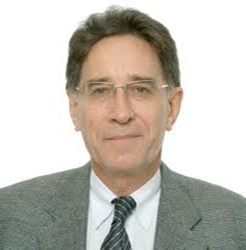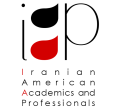When: Thursday September 12, 2013 – 7:30 PM
Where: Montgomery Community College (Rockville Campus) – Humanity Building (HU), Conference Room 009 (Get Directions, Campus Map )
RSVP Here
Speaker: Nicolas Gorjestani
Language: English

Synopsis:
To be successful in the 21st Century, societies, organizations and entrepreneurs will have to navigate the economic, demographic and technological sea changes that are taking place globally. The mega trends forecast a smarter, flatter, hotter and more populous planet. Moreover, the compass of global economic activity will increasingly point towards the East and South. As the organizing principle shifts from a paradigm of scarcity of factors of production to a paradigm of abundance of knowledge, we will have to learn new rules of survival. The intelligent societies of the future will increasingly revolve around the principles of innovation, collaboration, sustainability and harmony. The emerging knowledge-based, innovation-driven organizations of the 21st Century will be seen less as mechanical systems and more like living organisms. The former hierarchical structures will have to adapt to more network-driven alliances that will require different management practices and behavioral incentives to motivate the knowledge workers. The first lecture (on September 12) will set the scene with an overview of the global mega trends, and the second lecture (on a date to be determined) will explore the societal and organizational implications.
About the Speaker:
Nicolas Gorjestani is a former senior official of the World Bank. An economist by training, Mr. Gorjestani had held a variety of senior staff and management positions at the World Bank for more than three decades, before retiring in July 2007. He now devotes his time to advising, lecturing and writing on knowledge-based development strategy, innovation, intelligent cities and organizations, organizational learning, and leadership development issues. Since retiring from the World Bank, Mr. Gorjestani has also been Senior Adviser/Consultant at the World Bank; Adjunct Professor in Knowledge Ecology at the Polytechnic University in Hong Kong; Executive Director, Global Indigenous Knowledge and Innovation Partnership; member of the Learning Innovation Laboratory at Harvard University; and a member of the New Club of Paris, a think tank focused on issues of the global knowledge economy. A recognized international thought leader on knowledge-based development, organizational change, innovation and learning issues, Mr. Gorjestani has published on knowledge-based development and organizational change topics and keynoted at several major international events.
Fee (including dinner): $5 Students, $15 Public
Please click here to RSVP.



